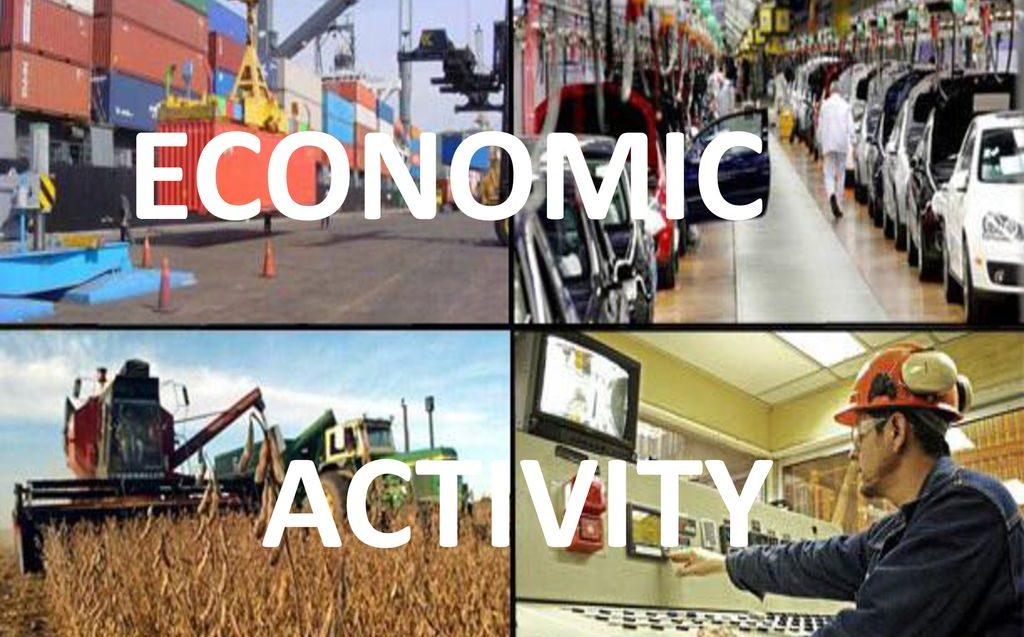- You may be aware that the Indian organized sector hardly makes up around 12-16% of the total labor force. In other words, the unorganized sector with a staggering 84 to 88% of the working class dominates the Indian economic landscape. This huge disparity visible on the ground often leads to skewed employment availability wherein finding a job commensurate with the skills/training acquired often tends to be a mirage. No wonder, the recent Agnipath scheme for the recruitment into the armed forces saw widespread violence by the millions of unemployed youths hoping to get enrolled in a permanent role.

PC: OpIndia Staff
- Of course, the debilitating effects of the pandemic over the last two years have rendered the employment generation across the sectors a great challenge. Remember, the economy is yet to pick up the pace from the pandemic duress and the unemployment percentage has hit stratospheric levels as the inflationary trend is consistently heading northwards. Against this backdrop, two recent lectures delivered by Supreme Court Judge DY Chandrachud in the United Kingdom made for an intriguing read. The key points of the lectures foregrounded the overarching goal of the Indian Constitution and its relevance when the state is no longer the primary employer.
- In one lecture he said the Constitution’s transformative dimension comes from its attempt to remedy discrimination. Following it, working towards equality needs to consider pre-existing social and economic imbalances. In line with the imbalances, it makes sense to press ahead with the need for embarking on affirmative action. In another lecture, he located this goal against the backdrop of India’s economic transformation. The state, earlier the primary employer, is now a facilitator of private participation in economic activity. The Constitution’s provisions against discrimination in public employment exist only against the state.

PC: Frank Morrison
- This, therefore, leads to the question of whether there’s a need for a comprehensive anti-discrimination law. Needless to mention, the case against any form of discrimination is unexceptionable. However, the moot point to ponder over here is whether such a paradigm is sustainable in the longer run. The answer is a resounding no. Because a discourse on constitutional protections in private employment is of relevance to only a sliver of the workforce as the structure of employment puts most of them beyond the ambit of legal safeguards. Note that a mere 21% of the workforce earns a regular salary and not all of them are in workplaces covered by the legislation. In 2019-20, just 16.6 million people out of more than 400 million-strong workforces were employed in factories covered by the legislation.
- Thus, most Indians work without any legal protections against discrimination. If the constitutional promise is to be realized, India first needs an enabling economic condition that lifts most people to a level where legal protections kick in. How this could be realized? Only through an environment that allows the economy to formalize more equitably. That’s the precondition to actually access constitutional rights. A sweeping anti-discrimination law now would just be a paper tiger. In conclusion, all the stakeholders should work toward extending the economic reach far and wide rather than spend energy and resources on enacting counterproductive laws.






